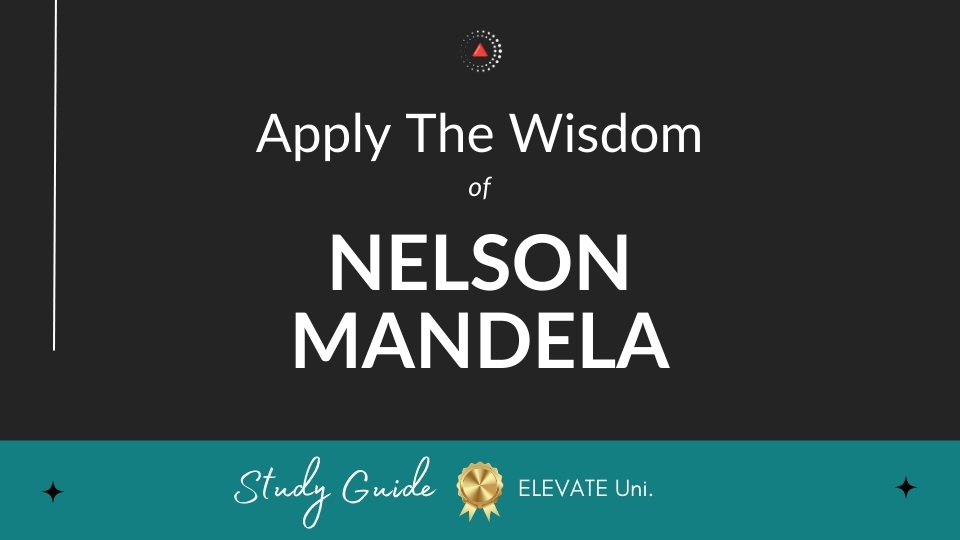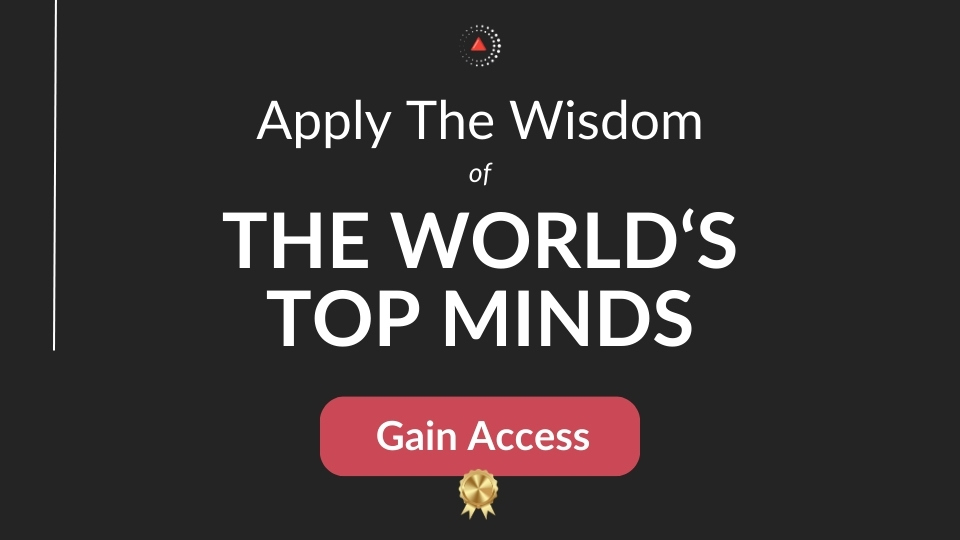If you talk to a man in a language he understands, that goes to his head. If you talk to him in his language, that goes to his heart.
What's the meaning of this quote?
Quote Meaning: This quote underscores the power of effective communication in building meaningful connections with others. It suggests that when we communicate with someone in a language or manner that resonates with them, it can create a deeper emotional impact. It highlights the importance of understanding and appreciating the unique perspectives, experiences, and communication styles of others in order to foster genuine connections that touch their hearts. It emphasizes the value of empathy, cultural awareness, and adaptability in our interactions with others, and how it can lead to more meaningful and authentic relationships.
Quote Meaning in deatil: This quote emphasizes the importance of effective communication and cultural understanding. It suggests that when we communicate with someone in their own language, we not only convey information but also establish a deeper connection and foster a sense of empathy and emotional resonance.
Insightful interpretation: This quote captures the essence of linguistic and cultural empathy in communication. It recognizes that language serves as a powerful tool for bridging gaps and building meaningful connections with others.
The first part of the quote, "If you talk to a man in a language he understands, that goes to his head," acknowledges that when we communicate with someone in a language they comprehend, we convey information and appeal to their intellectual understanding. It acknowledges the importance of clear and effective communication in transmitting ideas and messages.
The second part of the quote, "If you talk to him in his language, that goes to his heart," highlights the emotional impact and personal connection that arises when we communicate with someone in their native language. By speaking in their language, we demonstrate a genuine effort to understand and connect with their culture and identity. It creates a sense of validation, respect, and empathy that resonates on a deeper, emotional level.
This quote emphasizes the significance of cultural competence and the value of language as a vehicle for fostering understanding and empathy. It encourages us to learn and appreciate different languages and cultures, recognizing that effective communication requires more than mere linguistic proficiency. It invites us to engage with others on a heartfelt level, acknowledging their unique perspectives, experiences, and identities.
In a broader context, this quote underscores the importance of cultural diversity and inclusivity. It encourages us to embrace linguistic and cultural differences, acknowledging that when we communicate in someone's language, we honor their heritage and foster a deeper connection that transcends mere words.
Overall, this quote serves as a reminder of the transformative power of language and the significance of cultural understanding in communication. It encourages us to strive for effective and empathetic communication by meeting others in their language, embracing diversity, and nurturing connections that touch both the mind and the heart.
Who said the quote?
The quote "If you talk to a man in a language he understands, that goes to his head. If you talk to him in his language, that goes to his heart." was said by Nelson Mandela (Bio / Quotes). Nelson Mandela was a revolutionary and iconic figure who dedicated his life to the fight against apartheid in South Africa.
Applying the quote to your life
Unlock Mandela's wisdom and apply it to your life by getting the in-depth Nelson Mandela Workbook & Study Guide, complete with Mandela's top quotes, insightful commentary, reflective questions, and practical uses for everyday life. 👇
Is there a historical example that illustrates the message of the quote?
The quote emphasizes the power of effective communication and the importance of speaking to others in a language that resonates with them. The historical example of the translation of religious texts during the Protestant Reformation exemplifies this message.
During the 16th century, the Protestant Reformation sparked a transformative movement within Christianity, challenging the authority of the Roman Catholic Church and advocating for religious reforms. One significant aspect of the Reformation was the translation of religious texts, such as the Bible, into vernacular languages.
At the time, the Catholic Church conducted services and communicated religious teachings primarily in Latin, a language not understood by the majority of laypeople. This language barrier created a disconnect between the Church and the common people, who were unable to fully comprehend and engage with religious teachings.
As part of the Reformation, religious reformers, including Martin Luther and William Tyndale, championed the translation of religious texts into languages accessible to the common people. By translating the Bible into vernacular languages such as German and English, they sought to bridge the communication gap and bring religious teachings closer to the hearts and minds of the people.
The translation of religious texts allowed individuals to engage directly with the scriptures, read and interpret them in their own language, and develop a personal connection to the religious teachings. This shift in communication contributed to the widespread dissemination of Protestant ideas, the growth of Protestantism, and the empowerment of individuals in their religious practices.
The historical example of the translation of religious texts during the Protestant Reformation exemplifies the transformative power of effective communication. It highlights the importance of speaking to individuals in a language they understand and feel connected to, as it fosters a deeper emotional and intellectual engagement.
By recognizing and addressing the linguistic and cultural needs of individuals, barriers can be broken down, and communication can become more meaningful and impactful. The translation efforts of the Protestant Reformers serve as a reminder of the value of language accessibility in fostering understanding, connection, and the dissemination of ideas that resonate with people on a personal level.
How can the quote be applied in a real-life scenario?
Picture a professional setting where there's a manager, Mark, from the US who's working in France. Mark speaks fluent French but prefers English, which all his team members understand, having studied it in school. Every day, in meetings and memos, Mark communicates in English. His team understands and responds, but there's a palpable distance, a gap. They respect him, but they don't feel particularly close to him.
On the occasion of a local French festival, Mark decides to address his team in French, sharing stories of his time in France, his appreciation of the culture, and how he's tried to learn the nuances of the language. He even throws in some local slang and jokes. The atmosphere in the room shifts. His team sees a side of him they haven’t before. They laugh genuinely and share more openly about their own experiences.

By speaking in English, Mark ensured the job got done. The message was clear, and tasks were accomplished. But when he switched to French, he wasn't just communicating tasks or instructions; he was sharing a part of himself and acknowledging a part of his team members. He reached their hearts, forming a deeper bond.
This quote emphasizes the emotional connection language can foster. It isn’t just about the words spoken, but the sentiment and cultural identity they carry. While it's crucial to be understood in communication, it's equally important, if not more so, to connect emotionally, and one of the ways to achieve that is through speaking someone's native or preferred language.
In essence, the quote reminds us that genuine connection often transcends mere understanding and taps into the realm of emotional resonance.
Chief Editor
 Tal Gur is an author, founder, and impact-driven entrepreneur at heart. After trading his daily grind for a life of his own daring design, he spent a decade pursuing 100 major life goals around the globe. His journey and most recent book, The Art of Fully Living, has led him to found Elevate Society.
Tal Gur is an author, founder, and impact-driven entrepreneur at heart. After trading his daily grind for a life of his own daring design, he spent a decade pursuing 100 major life goals around the globe. His journey and most recent book, The Art of Fully Living, has led him to found Elevate Society.



























